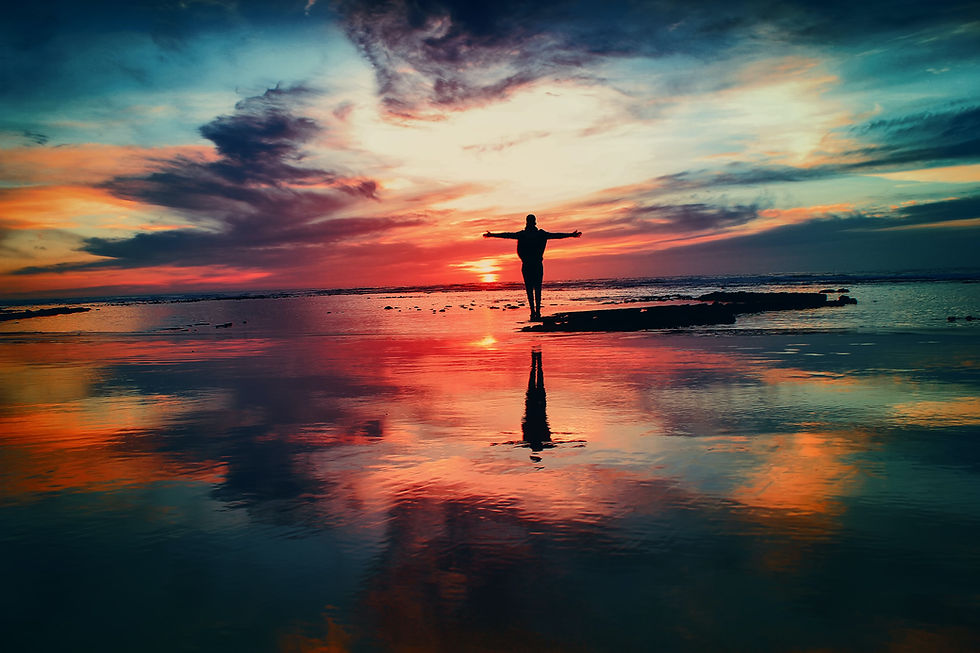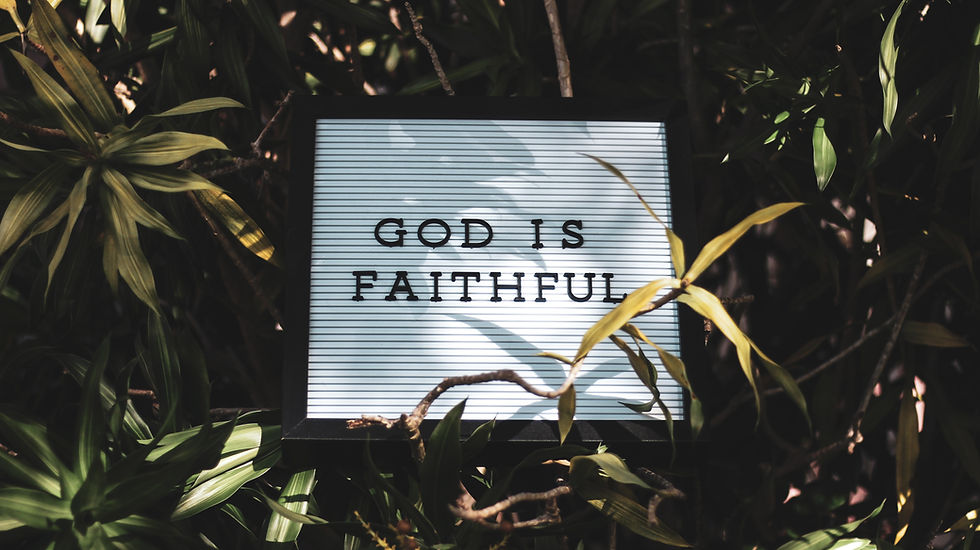Catholicism and Cannabis
- Eli Moore

- Oct 12, 2020
- 4 min read

Weed. Marijuana. We all know the smell, the Seth Rogen movies and perhaps the uncertainty that we feel when trying to consider our position as Catholics and as citizens. Maybe we’ve even used it. Out amongst the musicians and wanderers of the world, in the USA, Canada, Europe, my vague unease for knowing nothing about marijuana - except that it was a drug - kept me from ever smoking, vaping or eating it. But as my peers have gone from considering it a pleasure, to considering it a right, and with a vote before us on whether recreational use should be legal in our society, it was high time to put some thought to cannabis.
Higher Ground
We are Catholic. We believe that “human freedom is a force for growth and maturity in truth and goodness”, that “attains its perfection when directed toward God, our beatitude” (CCC 1731). When considering civil issues, we are urged to consider the common good, which is “the sum total of social conditions which allow people, either as groups or as individuals, to reach their fulfilment more fully and more easily” (Compendium of the Social Doctrine of the Church).
When considering drugs, we have a solid starting point: “The use of drugs inflicts very grave damage on human health and life. Their use, except on strictly therapeutic grounds, is a grave offense. Clandestine production of and trafficking in drugs are scandalous practices. They constitute direct cooperation in evil, since they encourage people to practices gravely contrary to the moral law.” (CCC 2291).
If this legislation is designed to reduce the negative effects of a harmful drug by controlling its production and bringing it out into the open, how are we to apply our thinking?
A letter from our NZ bishops got me into the right frame of mind before digging into some of the facts. How will such a law affect us as a community? Who will be most negatively affected by the law in question? What are the consequences for those who are most vulnerable?
In The Weeds
I’m sure many of us have heard, as I have, that ‘most people use it’ (usually not a good argument, ever a persuasive one) and it would be better that its production is regulated and transparent, rather than produced and sold by shadowy black market forces. So the figures being that 11% of Kiwis over the age of fifteen use cannabis, and 40% have tried it seem a little confounding (NZ Health Survey 2012/2013) then. When we look at the limited overseas experience - legalized recreational cannabis is still very young - we can already find that in California, Oregon, Colorado and Canada, the illegal cannabis market continues to grow. And though increased usage after legalisation seems hard to quantify, there is evidence that it does.

Advocates for legalisation talk about protecting the vulnerable and communities, but the effects of cannabis use on our society are serious. The NZ Drug Harm Index places estimated harm to users of cannabis at $256.4 million a year, and harm to communities at $380.9 million. The strong links of youth usage to impaired brain development continue to turn up in more and more studies and The NZ Medical Association stands firmly against legalization.
So our next generation is at risk by all this, and Maori youth are even more likely to use cannabis than other groups. Underprivileged areas report significantly more usage than more privileged ones, but these are the areas advocacy groups want cannabis business to really take off in. They want drug use treated as a health issue, and to exponentially increase this health issue in our society. They want to legalize as the means to reduce cannabis-related convictions, while these have already been steadily decreasing.
Here's an appropriate nugget, from Thomas Aquinas:
“Reason is to man, what God is to the world.”
So what do you think happens when we remove God from the world?
The Pleasure Principle
Trawling through copious amounts of research, I’ve fought back the cynical thought that the cannabis issue could be like these ‘harder’ ones we are called to confront: euthanasia, abortion, pornography. But as these stated pro-legislation reasons fall before the data, I think of this quote, from our beloved Pope Benedict XVI:
“Drugs are the pseudo-mysticism of a world that does not believe, yet cannot get rid of the soul’s yearning for paradise.”
Pleasure is the paradise the world tells us to pursue. Everywhere you look, pleasure is the operating principle. It’s why grocery stores funnel us through a candy bar maze at the checkout, and why the next episode on Netflix auto-loads. These are not sinful things, of course (well, depends what we watch!) but unmoored from our “beatitude” we can become so very attached to our pleasures that to secure them, we will justify most anything.
I’ve often found that at the end of a lengthy argument about abortion, all that’s left is the realization that until our society rejects the idea of pleasure at all costs, our unborn will continue to be aborted.

Sobering Up
Our decisions are influenced by our environments, and as a friend once asked me, “Hey Eli, how much does a TV cost?”. My guess of $400 was apparently the wrong answer. No: the cost is the hours lost on missed opportunities for growth, learning, building and really being free. Incidentally, this was my one band buddy who didn’t smoke pot.
Our Church calls us to “the protection of security and health, especially with respect to dangers like drugs, pornography, alcoholism, etc.” (CCC 2211) because these things do not free us, but enslave our intellects and our wills. The goodness that we seek, and the pleasure that we ultimately desire is rooted in this person of God, and across the board, our society turns us more and more away from the recognition of that.
It is our duty, as Catholics and citizens, to vote well, to vote for life and for the common good. Yet it is also not for us to lose hope when society chooses ill for itself, for “if for this life only we have hoped in Christ, we are of all men most to be pitied” (1 Corinthians 15:19). We need to continue to be visible in our society, a light in the darkness, and take to heart the words of the Vicar of Christ, our Papa Francis:
“To say this ‘no,’ one has to say ‘yes’ to life, ‘yes’ to love, ‘yes’ to others, ‘yes’ to education, ‘yes’ to greater job opportunities. If we say ‘yes’ to all these things, there will be no room for illicit drugs, for alcohol abuse, for other forms of addiction.”





Comments